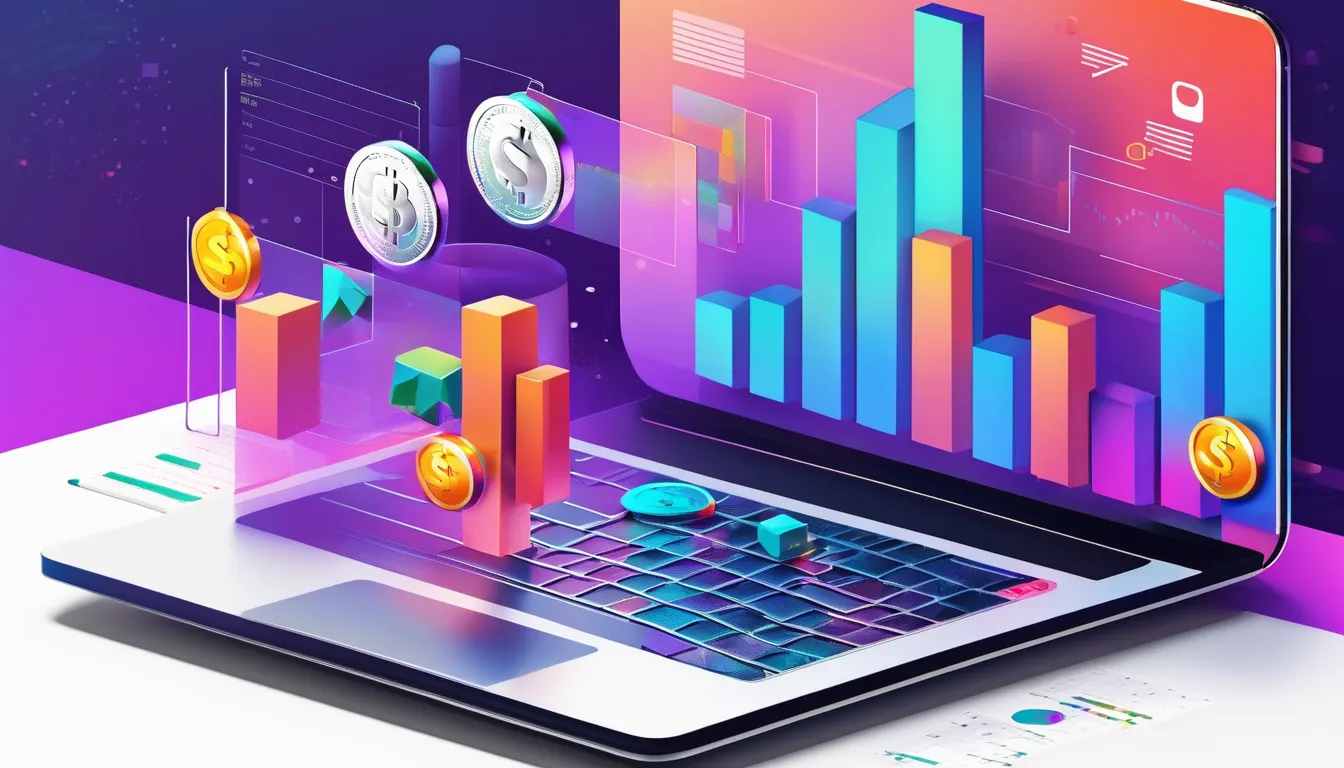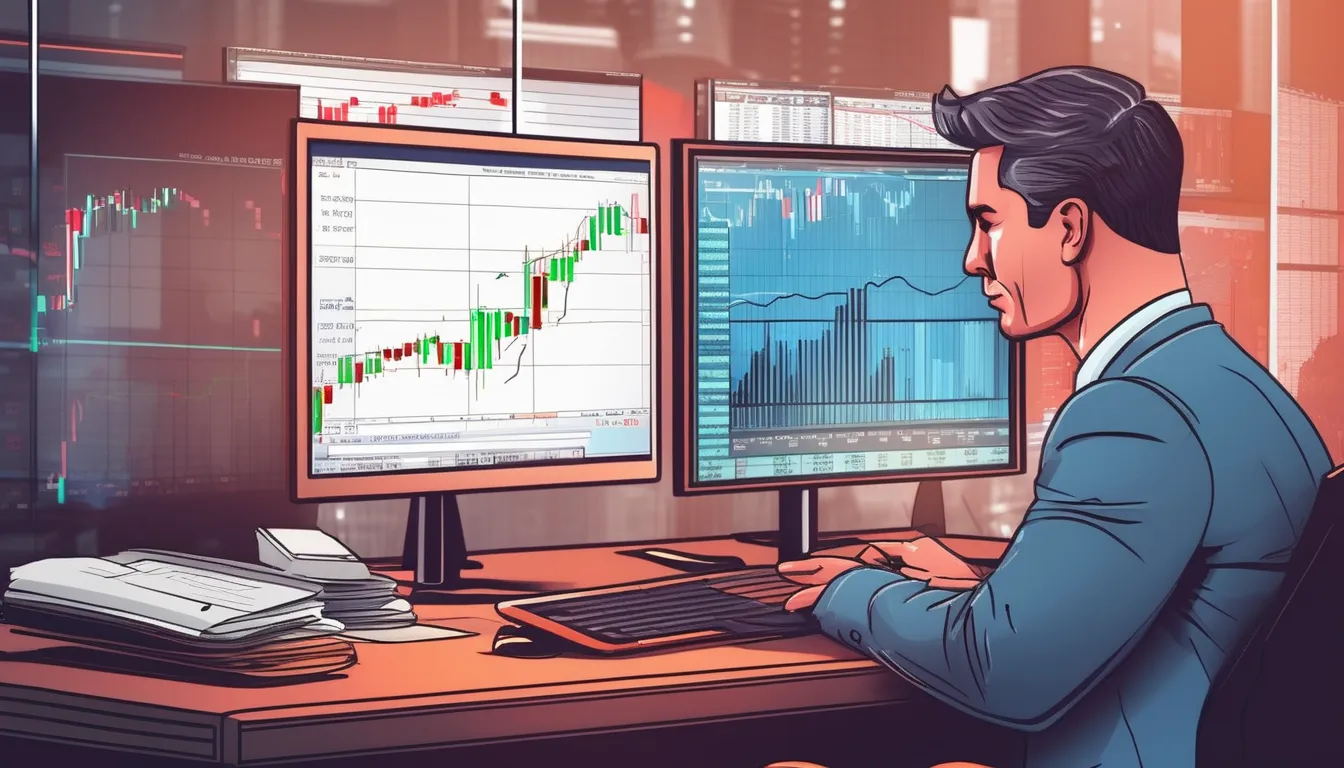
As you explore the world of digital assets, you’ve likely heard of NFT marketplaces, but do you know how they’re changing the game? These platforms are utilizing blockchain technology to provide a secure and transparent environment for creators and collectors to buy, sell, and trade unique digital assets. But what exactly are NFT marketplaces, and how do they work? You’re probably curious about the benefits they offer to both creators and collectors, as well as the types of digital assets that can be traded. Let’s take a closer look at this emerging space and what it holds for you.
What Are NFT Marketplaces
NFT marketplaces are essentially your digital storefronts for buying, selling, and trading unique digital assets known as non-fungible tokens, or NFTs. You can think of them as online platforms where creators and collectors can connect, and NFTs can be stored, displayed, and transferred.
These marketplaces provide a secure and transparent environment for transactions, using blockchain technology to record ownership and provenance.
You’ll find various types of NFT marketplaces, each with its own specific features and focus. Some cater to specific types of digital assets, such as art or collectibles, while others offer a broader range of NFTs.
You can browse through different marketplaces to find the one that best suits your needs, whether you’re a creator looking to sell your work or a collector looking to buy.
Once you’ve chosen a marketplace, you’ll need to create an account and set up a digital wallet to store your NFTs. From there, you can start exploring the marketplace, discovering new NFTs, and engaging with other users.
Benefits for Creators and Collectors
With a clear understanding of how NFT marketplaces work, you can now unlock the benefits they offer to both creators and collectors.
As a creator, you’ll enjoy ownership and control over your digital assets, allowing you to monetize them in a way that wasn’t possible before.
You can also set royalties, ensuring you earn a percentage of the sale price every time your NFT is resold. This new revenue stream can help you sustain your creative endeavors and build a loyal community of fans.
As a collector, you’ll have access to unique, verifiable, and tradable digital assets.
You can own a one-of-a-kind piece of art, music, or collectible, knowing that its ownership is securely recorded on a blockchain.
This transparency and scarcity can increase the value of your collection over time.
Furthermore, you’ll have the ability to easily buy, sell, and trade NFTs with other collectors, fostering a sense of community and collaboration.
How NFT Marketplaces Work
The inner workings of an NFT marketplace are more straightforward than you might think. You’ll typically start by creating an account on the platform, which often involves linking a digital wallet to store your cryptocurrencies and NFTs.
Once you’ve set up your account, you can browse the marketplace’s listings, which usually include information about the NFT, its creator, and its current price.
When you find an NFT you want to buy, you can place a bid or purchase it outright, depending on the marketplace’s rules. If you’re selling an NFT, you can create a listing and set a price, and the marketplace will handle the transaction when someone buys it.
Most marketplaces charge a fee on transactions, which is usually a percentage of the sale price.
As a buyer or seller, you’ll interact with the marketplace through a user-friendly interface that makes it easy to manage your NFTs and track your transactions.
The marketplace’s underlying technology, typically based on blockchain, ensures that all transactions are secure, transparent, and tamper-proof.
Types of Digital Assets Traded
Diversity is key in the world of digital assets, and you’ll find a wide range of unique items being traded on NFT marketplaces. These digital assets can be broadly categorized into several types, including art, collectibles, and virtual real estate.
If you’re an art enthusiast, you’ll find digital art pieces, such as paintings, sculptures, and installations, created by both established and emerging artists.
Collectibles, on the other hand, can range from rare in-game items to limited-edition sports cards and memorabilia.
You can also trade virtual real estate, such as plots of land or properties in virtual worlds.
Another popular type of digital asset is music, with many artists releasing exclusive tracks and albums as NFTs.
Even digital fashion items, such as clothing and accessories, are being traded on NFT marketplaces.
The unique aspect of these digital assets is that they can be verified and proven to be scarce, making them highly valuable to collectors and enthusiasts.
As you explore the world of NFTs, you’ll discover many more types of digital assets being traded, each with its own unique characteristics and value propositions.
The Future of NFT Trading
Beyond the current hype surrounding NFTs, you’ll find a rapidly evolving landscape that’s full of possibilities. As you explore the world of NFT trading, you’re likely to notice significant advancements in the technology and infrastructure that support it. The future of NFT trading is expected to be shaped by the integration of blockchain, artificial intelligence, and virtual reality.
You can expect NFT marketplaces to become more user-friendly, with features like social sharing, verification processes, and streamlined payment systems.
This will make it easier for creators to mint and sell NFTs, and for collectors to discover and purchase them.
Additionally, the use of AI will enable more efficient and transparent marketplaces, reducing the risk of counterfeiting and increasing trust among users.
As you look to the future of NFT trading, you may also see the emergence of new business models, such as subscription-based services and NFT-based lending platforms.
These innovations will continue to redefine the way you trade digital assets and open up new opportunities for creators and collectors alike.
Conclusion
You’re now a part of a revolutionary digital landscape where NFT marketplaces redefine how you trade dedust assets. By leveraging blockchain technology, these platforms provide a secure and transparent environment for creators and collectors alike. As you dive into this world, you’ll discover new ways to monetize digital art, collectibles, and more. With NFT marketplaces, the future of digital asset trading is in your hands, full of endless possibilities and exciting opportunities waiting to be explored.


